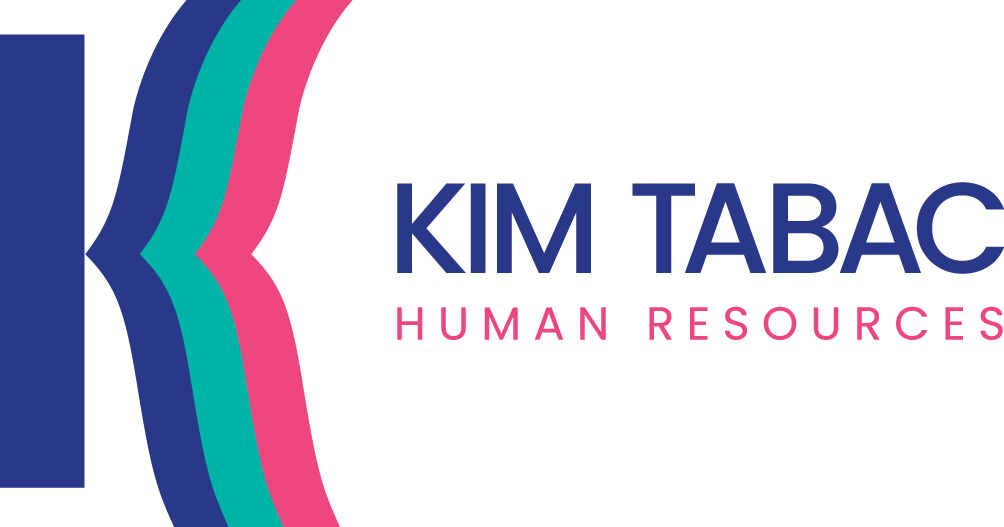Who ever said that you can’t have it all? I became a single mother of twins when they were only 3.5 years old. At that time, I was working in a senior leadership role, leading a team who was located across the country and was traveling for work…a lot. I had it all – all of the responsibilities! I had 100% responsibility for the day-to-day health and wellbeing of my children, responsibility for arranging high quality and consistent child-care, ensuring that the children had transportation to and from school and extracurricular activities, and was also carrying all of the financial responsibilities for my household. It was then that I realized, almost all of my male colleagues seemed to have one thing that I didn’t – a domestic partner who played the role of primary parent, and household manager.
Let’s go back to the 1950’s when women demanded equality between the genders in the workplace. A rallying cry, equal pay for equal work. With the demand for equal pay, employers demanded equal performance, and expected equal levels of dedication to the company often demonstrated by the number of hours spent in the office. The best person for the job will be hired, EQUAL. The highest performing person will get promoted, EQUAL. The person with the greatest contributions to the company will get the raise, EQUAL. With all this equality, did we achieve fair access to the job, the promotion and the raise? With all of this talk of equality, we forgot about equity!
The attitudes of modern men have shifted dramatically since the 1970’s. Men today are genuinely happy to welcome women to the workforce and are especially happy to share the financial burdens with a partner who contributes equally in the finances of the home and to their lifestyle. However, studies tell us that men’s participation in household chores continues to trail behind, with women spending an extra hour or more a day on chores than their male counterparts. While an hour a day doesn’t sound like much, that is 5 hours in a week, 20 hours in a month, and 260 hours in a year, which represents over 30 working days a year. Thirty days a year, women bear the demands of domestic responsibilities while their male counterparts are free to invest in their career and further develop their network, and that doesn’t count any time away for vacation, illness or….childbirth.
So while equality sounds wonderful in theory, equality doesn’t recognize the different roles that many women play outside of the office. Equity is not equality. And while there is progress being made, it isn’t happening quickly. According to a recent Catalyst study, In 2021, only 26% of all CEOs and managing directors were women compared to only 15% in 2019.
Achieving equity in the workforce, and providing women equitable access to thrive in their chosen profession, and access to the top jobs, will not be accomplished by treating them as equals to their male counterparts who don’t physically participate in the birthing of children and are often afforded a “pass” on many key domestic responsibilities. Equality requires women to behave exactly like their male counterparts. It requires them to return to the office within days of birthing or adopting a child, and to be mostly absent from many family and household responsibilities.
In order to drive real change and a move to true equity, we must first acknowledge that domestic responsibilities are real, and are critical to a modern society. Having children is not only about expanding one’s own family and carrying on the family traditions, it is also about birthing and raising the next generation of consumers and workers. With such an important responsibility to business and to society we must recognize the sacrifice that many women are making, and provide them with greater equity and access to the top jobs and higher salaries. We must work to eliminate the barriers that prevent women from achieving the success that they desire – and deserve – in their professional lives.

